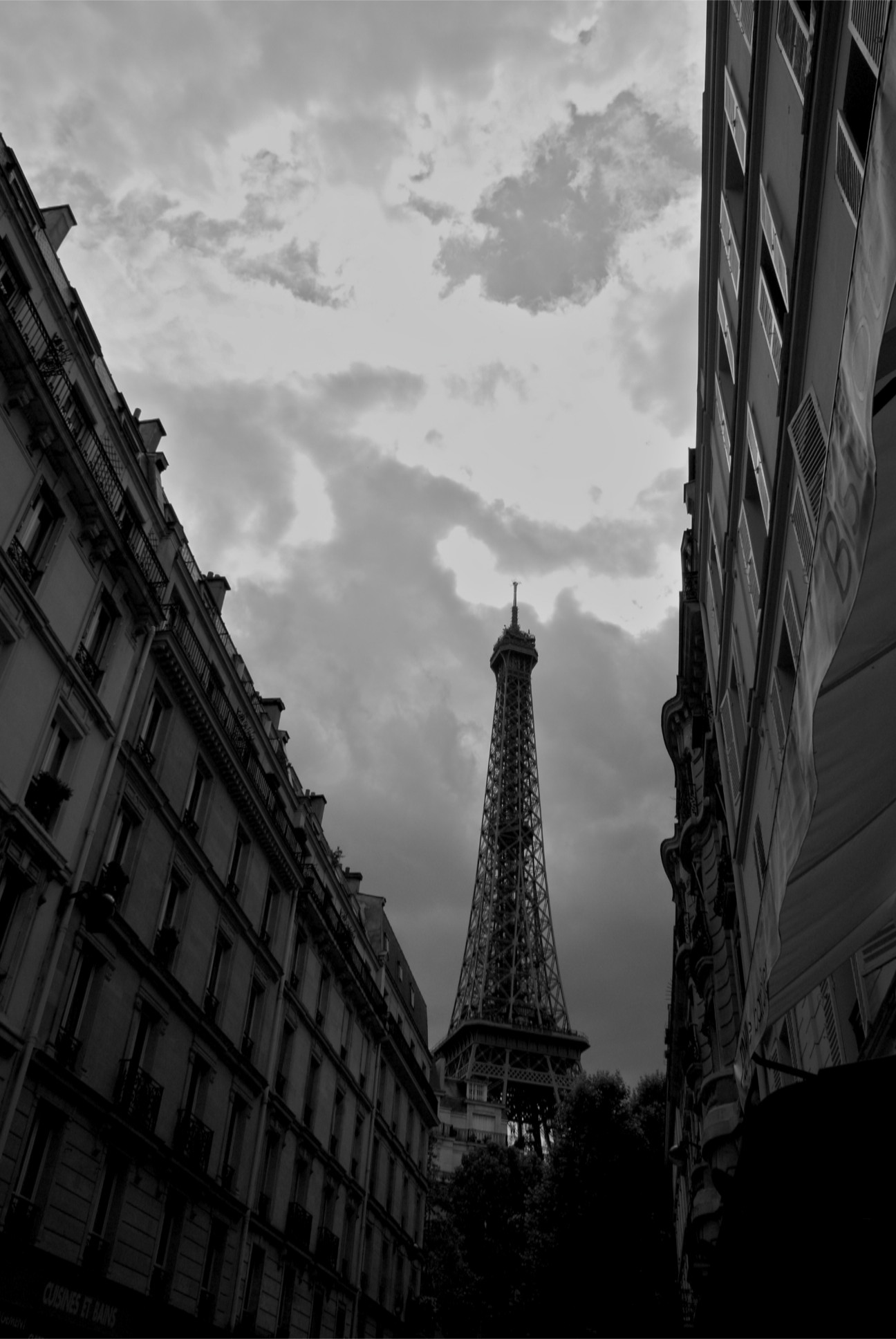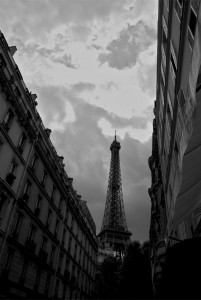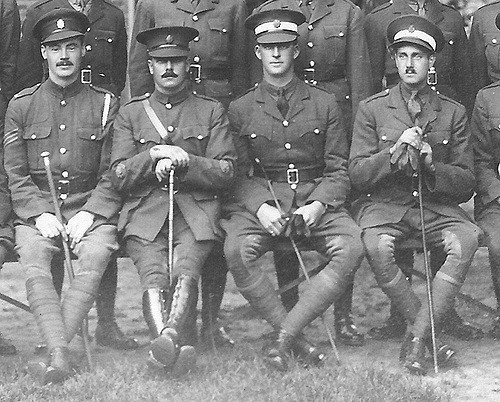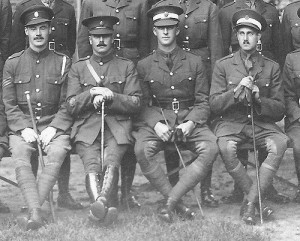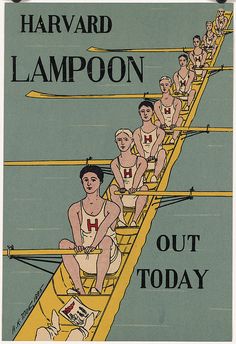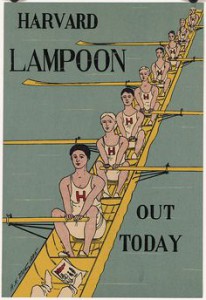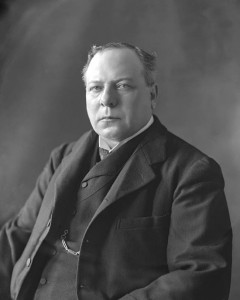
To Charles Augustus Strong
C/o Brown Shipley & Co. London
Cambridge, England. April 4, 1915
It is ages since I got your last letter, but as we both seem to be caught by the war, like flies in fly-paper, there seemed to be no probable change to report in the situation. I hope you and Margaret are enjoying the Spring in your new garden, and that the Germans won’t come to bombard Florence from your terrace. As for me, I have been doing nothing in particular except read, write, and walk, without much idea of getting any- where by any of the three operations. The war is a daily, and now monotonous, obsession. Sometimes I feel angry with all concerned and think—“It serves you right; do go on shelling and torpedoing one another, until there is nobody left! Good riddance!” The military I see here— Cambridge is full of troops—rather stir my feelings of martial sympathy, and I wish them immense victories, without in the least believing that they will achieve them. But then I read some interview by that ponderous ass Lord Haldane, and I think a country that can have such a humbug for Lord Chancellor ought to be torpedoed as a whole, and sunk like Atlantis in the Channel. As you may imagine, my sentiments about the Germans are even more ferocious; but as I naturally hate the Germans and love the English, the case for Germany is what I try to represent to myself by day and by night.—I suppose you have seen my pro-German (if subtly insidious) article in the Whited Sepulchre.
I have given up all thoughts of leaving England for the present, and rather expect to take some small flat in London for the summer, so as to satisfy my taste for crowds, for sitting in the park, and for eating in Italian restaurants. Let me know if you are really venturing to cross France—and the Channel!—in spite of the War-Lord-War-Zone. Must you go to America this Summer? After your prolonged stay there last year I should think you might skip it; why not go to Switzerland, to some German-speaking place, in lieu of the visit to Germany which you had planned before the Catastrophe?
From The Letters of George Santayana: Book Two, 1910-1920. Cambridge, MA: The MIT Press, 2001.
Location of manuscript: Rockefeller Archive Center, Sleepy Hollow NY.
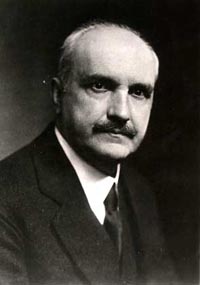 To Charles Augustus Strong
To Charles Augustus Strong


